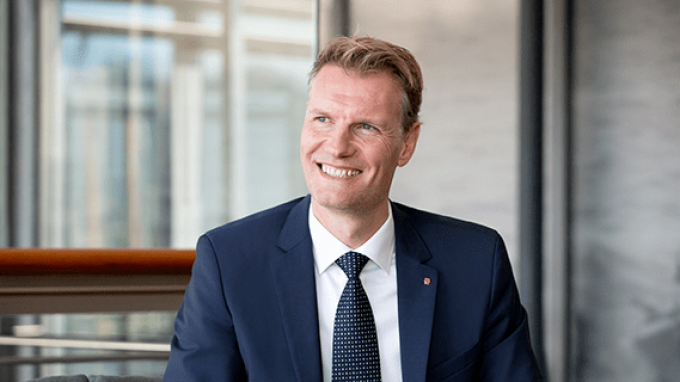Temporary tariff relief brings on early transpacific peak season
The container peak season on the transpacific trade could start as early as today – ...

Carriers want a global decarbonisation system rather than regional regulations from jurisdictions in Asia, Europe and the US, said MSC CEO Soren Toft today.
As the EU climate policy comes under fire from the green lobby, he warned that the International Maritime Organization (IMO) would need to move faster to achieve its climate goals.
At the International Association of Ports and Harbors (IAPH) virtual event, also attended by Jacques Vandermeiren, CEO at the port of Antwerp, and IAPH secretary general Patrick Verhoeven, Mr ...
'Disastrous' DSV-Schenker merger would 'disrupt European haulage market'
New senior management for DSV as it readies for DB Schenker takeover
Volumes set to 'fall off a cliff' as US firms hit the brakes on sourcing and bookings
Asian exporters scramble for ships and boxes to beat 90-day tariff pause
Amazon pushes into LTL for small package fulfilment and UPS does a u-turn
Temporary tariff relief brings on early transpacific peak season
Pre-tariff rush of goods from US to China sees air rates soar, but not for long
Forwarders 'allowing the fox into the chicken run' by supporting 'hungry' carriers

Comment on this article